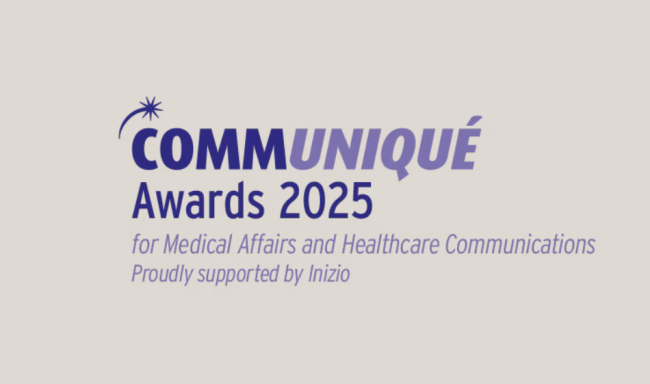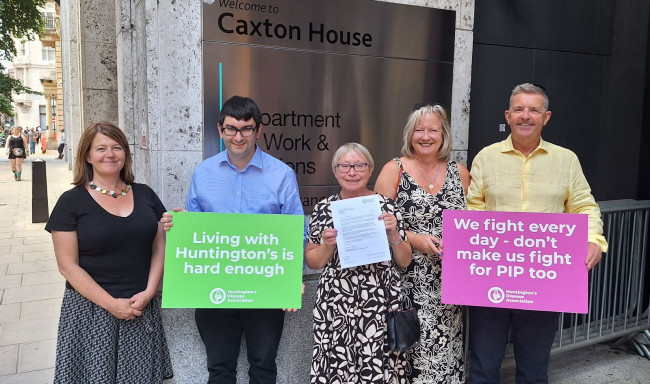This year with your help we have been campaigning for better access to mental health services with our campaign Mindful of Huntington's.
Your voice has made us stronger and we are delighted to share some exciting news that shows how your responses to our mental health survey and your actions in writing to your MP have made a difference.
We have recently been made aware of an email sent to Integrated Care Boards (ICBs) who commission healthcare services in local areas, reiterating the importance of NOT excluding people with neurological conditions from mental health services and Huntington's disease.
On 12 October we had confirmation from the Department of Health and Social Care that communication has been sent from NHS England as outlined in the email below. This confirms:
"Mental health services shouldn't exclude anyone because of a particular physical health or neurological diagnosis"
This is a copy of the email
Dear ICB Colleagues,
Please see below information sent from the National Mental Health Team for your information:
‘The Department of Health and Social Care has raised some recent reports citing that some people with co-existing conditions, such as Huntingdon’s disease and autism, can find it difficult to access mental health services. Further to this conversation, we’d like to communicate the following lines to systems from NHS England about access for people with co-existing conditions. Please could you cascade the following lines to the relevant ICB and Provider leads in your region. Thanks in advance for your help.
There have been recent reports citing people with co-existing conditions (including Huntington’s disease and autism) find it difficult to access Mental Health services. Mental health services shouldn't exclude anyone because of a particular physical health or neurological diagnosis. Services should be offered based on need and the likelihood of them being helpful, rather than determined by these diagnoses. Very often, adjustments to standard treatments can be made to adapt them if needed and services should bear in mind they ought to be making reasonable adjustments where necessary to support access to services and treatments. In specific instances, some types of mental health treatment may not be possible to deliver or may not be helpful for some people because of particular communication, cognitive, or physical difficulties, and in this situation clinicians should advise on alternatives.’
What next?
We are encouraging you to Write to your MP. You can find out how to do this via the article called Write to your MP for Mental Health Day.
We are wanting to keep up the pressure on the government to fix access to mental health services. We have joined forces with over 50 neurological charities to write a letter to the Secretary of State for Health and Social Care to demand improved access for mental health services for the One in Six who have a neurological condition.
What to do if you have been denied access to mental health services
- Speak to the person who originally referred you to mental health services (normally your GP, Neurologist or Specialist clinic)
- Ensure that you access support while you are waiting. Use the website Where to get urgent help for mental health - NHS (www.nhs.uk) to find where you can access urgent support you might want to look at this now and write the number down to have somewhere safe for the future.
- If you just need to talk, any time of day or night contact a Free listening service
- In a crisis call 999




